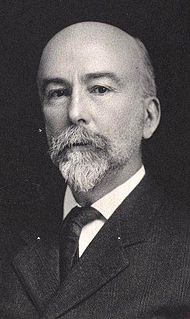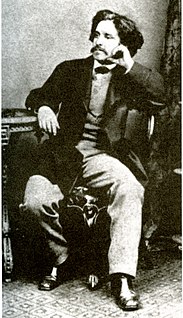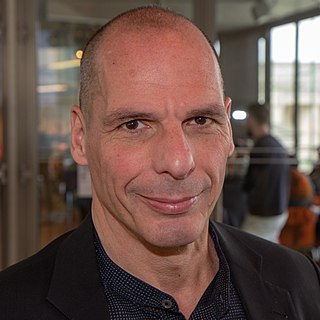A Quote by Alex Tabarrok
Like many works of literature, Hollywood chooses for its villains people who strive for social dominance through the pursuit of wealth, prestige, and power. But the ordinary business of capitalism is much more egalitarian: It's about finding meaning and enjoyment in work and production.
Related Quotes
Life's so ordinary that literature has to deal with the exceptional. Exceptional talent, power, social position, wealth.... Dramabegins where there's freedom of choice. And freedom of choice begins when social or psychological conditions are exceptional. That's why the inhabitants of imaginative literature have always been recruited from the pages of Who's Who.
I assumed a business like a film studio would behave like a business and still want to protect its own interests, still do the best it could to get as many people paying for as many of their movies as possible. I realized this is not actually a business about business: it's a business of egos and dominance.
The meaning of geography is as much a sealed book to the person of ordinary intelligence and education as the meaning of a great cathedral would be to a backwoodsman, and yet no cathedral can be more suggestive of past history in its many architectural forms than is the land about us, with its innumerable and marvellously significant geographic forms. It makes one grieve to think of opportunity for mental enjoyment that is last because of the failure of education in this respect.
Money is one form of power. But what is more powerful is financial education. Money comes and goes, but if you have the education about how money works, you gain power over it and can begin building wealth. The reason positive thinking alone does not work is because most people went to school and never learned how money works, so they spend their lives working for money.
I think the thing about capitalism is it's an evil necessity, capitalism. Communism has been tried and failed, and socialism, that doesn't work very well. Capitalism works, but the problem about capitalism is it does mean that a few individuals become very wealthy. Therefore, I think those individuals have enormous responsibility to redistribute that wealth either by creating new businesses or creating new jobs and making sure that money just doesn't lie in a bank account for future generations.
For 40 years, my argument has been that democratizing ownership of wealth has been the key to egalitarian society and the goals of egalitarian society. But you start at the local level, both at the workplace, community and other institutions and you reconstruct the egalitarian democratized structure as well as participatory structure. And as this happens, we learn more how to move toward the vision that is much larger than just the community level.
I never thought very many people in the world were very much like John Laroche, but I realized more and more that he was only an extreme, not an aberration - that most people in some way or another do strive for something exceptional, something to pursue, even at their peril, rather than abide an ordinary life.
Without question, the balance of power on the planet today lies in the hands of business. Corporations rival governments in wealth, influence, and power. Indeed, business all too often pulls the strings of government. Competing institutions-religion, the press, even the military-play subordinate roles in much of the world today. If a values-driven approach to business can begin to redirect this vast power toward more constructive ends than the simple accumulation of wealth, the human race and Planet Earth will have a fighting chance.



































